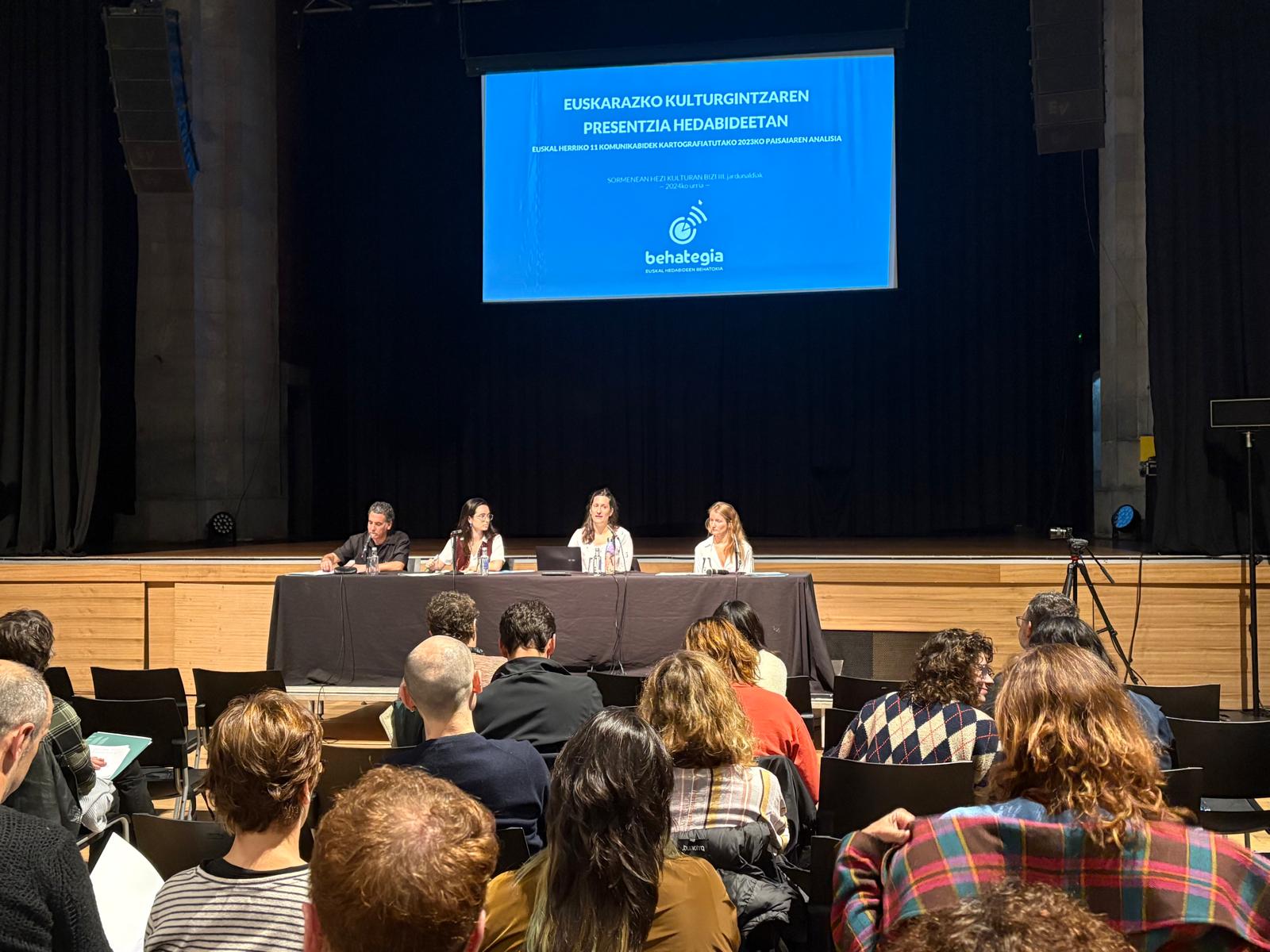Moving alerts on the pretext of protecting the 'secrets of business'
- The new law comes to the incaution of the citizens. Having been adopted by a large majority in the European Parliament in 2016, France has adapted to its legislation on 28 March and Spain will do the same soon. Lawmakers say they have written to protect business secrets from the prospect of competition espionage, but many journalists and activists believe they seek to silence the work of alerts that alert citizens. The lobbies have again done the operation in secret.

“This is the story of a time bomb,” they wrote in the French media Libre Actu. “The bomb will condemn alert launchers if they dare to spread tax or environmental crimes committed by multinationals threatening the interests of citizens.” This bomb is the Business Secrets Directive adopted by the European Parliament and the Council on 8 June 2016.
The French Assembly has adjusted the directive on 28 March to make it law in France and the Senate has called for a vote on 18 April. The two have gone through an urgent procedure and almost without public debate, even though the harsh words were not lacking among the parliamentarians.
“The protection of business secrets cannot be used against alerts and journalists,” said Justice Minister Nicole Belloubet, ensuring that the law will not entail any curtailment of public freedoms, contrary to what many journalists and associations of them report.
Among its opponents, he highlighted the brief speech by left-wing Member François Ruffin, who was re-elected president. He referred to the alerts being sought by the French gendarmes and judges, who brought the Luxleaks affair and so many other scandals to light. He tells Members that they voted the law: “There is something that man has stuck in his soul: the desire for righteousness, the truth thirst. (...) Do we have any of this, of justice, really? What side are you, Members? Who do you applaud? The Goliatas that are multinational or the direct people who face them standing and alone?” The parliamentarians responded with their votes.
The new law defends the information of any company that “is not extended to everyone’s knowledge or that a person acting in the same sector cannot easily access”, precisely because its value lies in this condition of secrecy, and therefore “those that the legitimate owner of this information adequately protects them”. The advocates of the law claim that the company wants to protect itself from economic espionage, industrial theft and unfair competition. France has been the main driving force at European level, arguing that the United States has already had such a law for a long time and that Europe has to get to the same level.
Emmanuel Macron, who was Finance Minister, tried to impose a similar measure in France, but was rejected by the European Commission. He has now been better lucky since Lehendakaritza, explaining to the public that journalists and entrepreneurs have enough tools to stay within the law. On the contrary, the major journalists’ associations and some of the major media have denounced the attack on freedom of information. “The concept of business secrecy is so broad that from now on all the internal information of a company (...) can be included in that category, and so they can reach people scandals such as the Mediator or Bisfenol A, the Panama Papers or the LuxLeaks.”
Corporations have legally implemented the omission
According to Olivier Petitjeane in the middle of the Observatoire des Multinationals, the new directive that has prevailed in Europe was drawn up by the lobbies of the multinationals, more specifically in 2000 by the large industrial corporations and the banks, the so-called Coalition for Business and Innovation Secrets TSIC.
The investigations carried out by the well-known NGO Corporate Europe Observatory showed the companies involved (Alstom, Michelin, Nestlé, Dupont, Intel..) and how they worked with the European Commission and the large international business lawyers’ offices. “Thanks to the Brussels Command Games they got what they wanted.”
Of the 652 MEPs present in the Parliament of Strasbourg on 8 June 2016, 503 agreed to the new directive, 131 rejected it and 18 abstained. Among the opponents of the law, the Greens spoke with all rigour: “This Parliament sends out a wrong message, because in the wind of the Panama Charter we adopt in ten days a law that will make the work of journalists and alerts difficult.”
Another scandal was on the lips of MEPs gathered in Strasbourg: The LuxLeaks affair came to light two weeks after Antoine Deltour’s trial. Deltour and two other citizens, including the journalist, were prosecuted for documents demonstrating the extraordinary tax benefits that Luxembourg offers to multinationals for bringing them out in the sight of their citizens.
Through the papers published by the International Research Journalism Corporation ICIJ on the LuxLeaks affair, citizens were aware of the agreements negotiated between the Luxembourg Finance authorities and the legendary PwC, who was and is the advisor to the big companies.
Since then, as you can see, lobbies have managed to round off their work. Once the European directive is resolved in 2016, each country will have to roll over its legislation by June 2018. France is now almost complete, with a number of exceptions to the theory for journalists.
Britain has also done so with the new law. Paradoxically, Brexit has not been an obstacle to the adoption of the new rule, which comes from Strasbourg, and in an even harder version. In Belgium, the Government is calling for independence, but it has not published a concrete text. Journalists' associations are also mobilised in Denmark.
In Spain he has been called the Business Secrets Act (Business Secrets Act) and the giant law firm Cuatrecasas, which on 21 February approved the preliminary draft of the government of Mariano Rajoy. The Cuatrecasas lawyers, who knows better than the lobby itself, are clear to whom it will benefit: Business secrets, now better protected, thanks to the new bill.”
The French journalist and MEP Ruffin has declared the alert: “Who will dare to denounce the conduct of his master, however cruel they may be? Who will risk giving testimony to investigative journalists? Will we have rigorous studies in the future on the great drifts of capitalism?”
Large corporations have taken a new step to ensure the omission – the mutilation – of those information that they do not wish to disseminate. But quiet, that is happening in Europe. Fortunately, Euskal Herria is an oasis. Or?




















